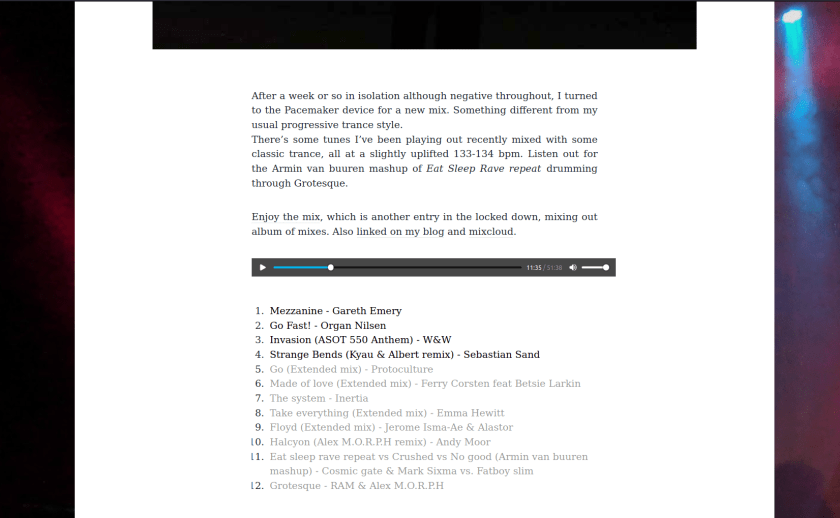We live in incredible times with such possibilities that is clear. Although its easily dismissed reading how social media is impacting young people, how everyone can be scammed even Troy Hunt was phished.
To quote Buckminster Fuller “You never change things by fighting the existing reality. To change something, build a new model that makes the existing model obsolete.”
You are seeing aspects of this with Hull Uni’s research into loneliness, a short prologue to the future of social and of course the FTC taking Meta to court.
Mozilla Festival 2025 global call for participation
Ian thinks: The Mozilla global festival 2025 call for participation is live. The theme this year is unlearning and includes unlearning design, security, harmful tech systems, traditional profit models, tech governance and tech Immateriality. A lot of unlearning! Get your proposals in before the 21st May deadline
The importance of the digital legacy across the world
Ian thinks: Not only do I think Digital legacy is important (even playing a part in Black Mirror’s Eulogy), if you attend Republica 2025, do look out for our conversation titled six feet under the data centre. One part of the conversation is how different nations/cultures face digital legacy and what could be learned for the future. This rest of world article is just the start.
Starlink’s impact on the Amazon?
Ian thinks: Unreported world is great at highlighting these stories and this one reminds me of the same problems of surveillance, and parents and young people are facing all over the world
Equality breeds conflict and vulnerability for us all
Ian thinks 3 white men (Zuckerberg, Bezos and Musk) are on track to become trillionares a level wealth that is unimaginable. This video is a good summary of where we are and huge problem. The Buy, Borrow and Die loop hole is so prolific even I have heard about it. Gary Stevenson has plenty to say about this all and is included in the video
How surveillance works in protests
Ian thinks: With the up-tick in surveillance, is it possible to protest without being tired to a protest? Short answer not really but there are some practical tips to consider when near or in a protest. I wonder how many of us knew about the London tube trial?
The digital coup and surveillance fascism?
Ian thinks: Carole Cadwalladr’s nervous but ever-so important talk, is right on the nose and strongly worded. Well shared and delivered right at the moment but if you find it short on substance; I recommend the follow up spicy interview with Cadwalladr and Anderson.
ReWild and ReWeirding the internet?
Ian thinks: Watching Rushkoff’s talk from SXSW 2025, with his thoughts from being an agent of change to an agent of care. Its clear to me there is so many connections with Maria Farrell’s ReWild the internet. If only they could come together in some way?
Growing with scale is so 2015
Ian thinks: This short which is a clip from the larger session about building communities across the social web. The whole session is worth a watch from SXSW’s social web space, covering the Fediverse (ActivityPub & ATproto) with a interesting panel from across the Fediverse. Also keep some time for Cory Doctorow in the same space.
The decline of ownership we all experience now
Ian thinks: Rossmann, is a loud critic of the right to repair and ownership battle. Although he’s style is pretty in your face, he raises good points and many examples demostrating how enshittification and DRM go hand in hand with dense EULAs. Synology’s change and Black Mirror’s common people are examples.
Like this newsletter? Find the archive here


























